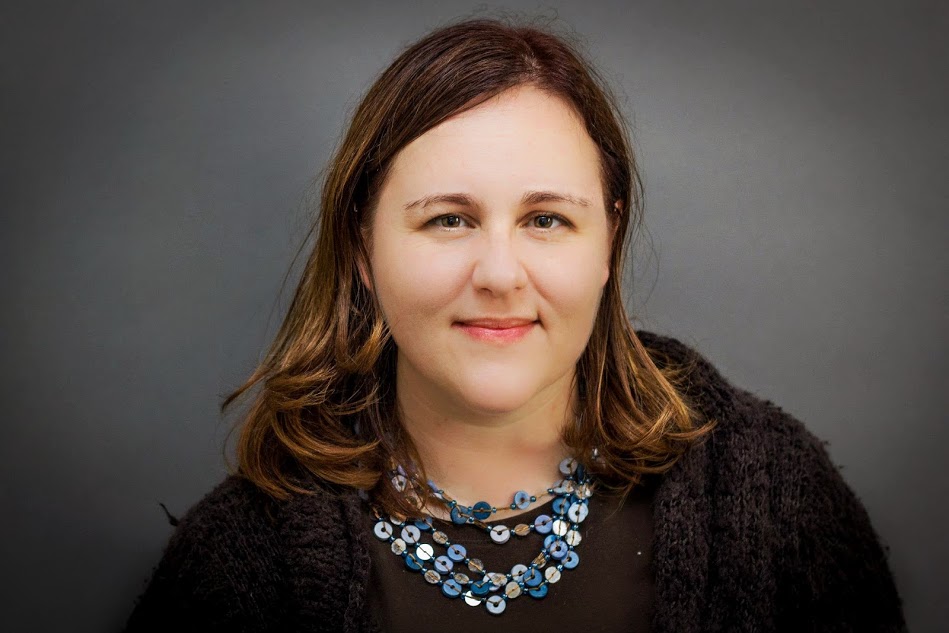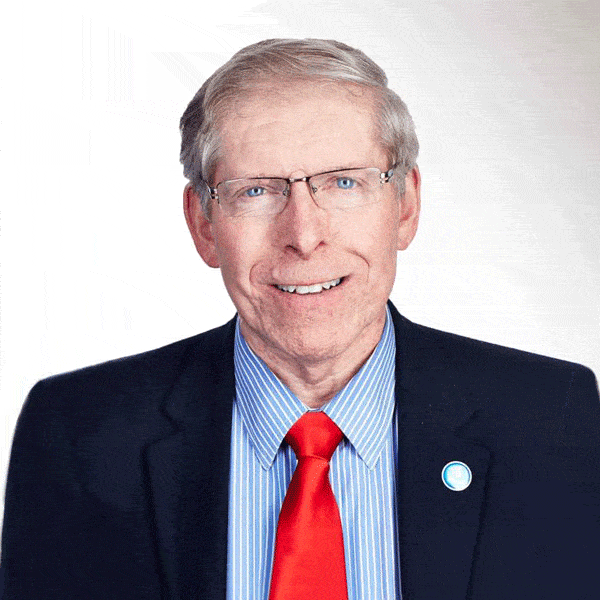Most people are now familiar with social media influencers. They’re the individuals who use their popularity to encourage followers to try clothing brands, food, makeup, and gadgets. As anyone who watched either of the two Fyre Festival documentaries now knows, they can be instrumental in getting people on board with things associated with disastrous consequences.
There’s a relatively new concept in the influencer world. It involves people known as patient influencers doing just as the name implies and encouraging people to get behind health-related products like medications or medical devices. Many patient influencers have paid partnerships with drug companies, which should make people question if they’re giving unbiased advice or perspectives.
More People Are Using the Internet to Research Health Conditions
A 2017 study examined the ways people learn about health conditions. It found that a growing number of people used the internet as their first place to go for information and did so more often than asking people they know, getting insights from health professionals or turning to traditional media for answers.
Today’s society is one where people often laughingly say things like, “Yeah, I asked Dr. Google about my symptoms” or confess to friends that they started freaking out after using the WebMD Symptom Checker. So, the likelihood goes up that they might come across a patient influencer and use the things that a person says to guide their healthcare decisions.
A High Level of Trust in Online Reviews
It’s also worth pointing out that when people go online and read feedback from others, they find it overwhelmingly trustworthy. The findings of a 2016 survey showed that 87 percent of those polled said they trust online reviews when choosing which products or services deserve their hard-earned money.
People already see pharmaceutical commercials that urge patients to ask their doctors if the advertised medication might be right for them. If those individuals are on the fence about how to manage their health conditions or don’t want to trust the things their doctors suggest, it’s easy to see how influencers could gain traction in their minds, particularly if they view the opinion as a type of review.
Related: In-Depth: Rise of the ePatient Movement
Here are six patient influencers redefining the healthcare landscape who could potentially impact the type of care and treatments patients choose to get.

Regina Holliday aims to use art as her catalyst for change in patient advocacy and health policies. She began painting themed murals in Washington, D.C, and then progressed to painting during medical conferences. Her current project is called The Walking Gallery, and it focuses on patient stories painted on the backs of business suits.
Regina also runs a patient-led advocacy conference called Cinderblocks. The sixth edition happens in July 2019 in Grantsville, Maryland. It attracts people representing fields like technology, government and, of course, healthcare. The goal all of them share is to improve patient care. One of the topics Holliday often brings up on her Twitter account is that patients should have access to their medical data.

Better known by his online handle e-Patient Dave, Dave deBronkart makes improved patient engagement his main passion. He even wrote a book about it called “Let Patients Help: A Patient Engagement Handbook.” Moreover, deBronkart has advised medical enterprises from the patient perspective about things such as marketing, technology and clinical trials.
deBronkart is a cancer survivor and has a background in high-tech marketing. He believes those traits make him well-positioned to advocate for patients who may feel they lack voices.

An unfortunate reality in healthcare is that a person’s access to resources and status in life can affect their ability to receive fast, barrier-free diagnoses or treatments. Dr. Harold P. Freeman wants to change things. He’s a champion of patient navigation, which emphasizes timely movement across the entire healthcare continuum.
It started as something associated with cancer treatments and later expanded to encompass mortality reduction for other chronic illnesses. There’s also a Patient Navigation Institute that trains organizations and individuals about the importance of healthcare navigation and provides training about best practices.
4. Erin Smith

When patients hear they have an ongoing health problem that requires substantial lifestyle alterations, they’re often so taken aback that they don’t know where to turn. When people get celiac disease diagnoses, Erin Smith offers resources to manage their illnesses. She received her diagnosis in 1981 and is eager to share what she’s learned over the years. Smith is also the founder of a New York City Meetup group.
Her Twitter feed features gluten-free recipes, relevant articles and other content to help people realize they aren’t alone.

AnneMarie Ciccarella received her breast cancer diagnosis more than a decade ago and has since created a platform based on prevention and research partnerships. One of the things she frequently mentions on her Twitter feed is that the existing medical research is so lacking, patients do not have enough evidence to make informed decisions about the treatment routes recommended by their doctors.
She’s open about her health struggles and shows transparency that should help others relate to the things she faces.
6. Louise Roe

Louise Roe is a British blogger who brings attention to various things — her psoriasis among them. She has 701,000 Instagram followers, so it’s not surprising that the biotech company Celgene — which manufacturers medicines for cancer and inflammatory diseases — sponsored Roe on her blog and teamed up with her for a campaign that gave perspectives about living with psoriasis.
However, Roe is a bit different than the other patient influencers covered so far. Besides doing promotional work for Celgene, she advertises numerous other products and brands on her social media feed, like clothing and probiotics. Roe shows that a psoriasis diagnosis doesn’t impede her life, and that’s fantastic. The fact that she spreads the word about so many things, though, presents the possibility of healthcare-related bias.
Positive Effects of Patient Influencers
While weighing in on the matter, people point out that patient influencers could bring about widespread improvements in healthcare. For example, they could help providers value the experiences of living with a condition and understand that clinical knowledge doesn’t outweigh it in all circumstances. Plus, patient influencers — such as those listed here — could equip people to benefit from peer-to-peer support by going online.
Medical Professionals Must Remain Mindful
It should be evident that healthcare providers need to pay attention to the growing presence of patient influencers in the online realm. They could have positive effects, primarily when they work hard for large-scale enhancements in the health sector.
However, when those people tilt from activism to a more promotional stance, they could give patients skewed perceptions. As such, healthcare professionals should be proactive when patients mention new treatments. They can start by asking the patient where they heard the idea and go from there, all while reminding them that even though some people see benefits from interventions, they are not universal miracle cures.
